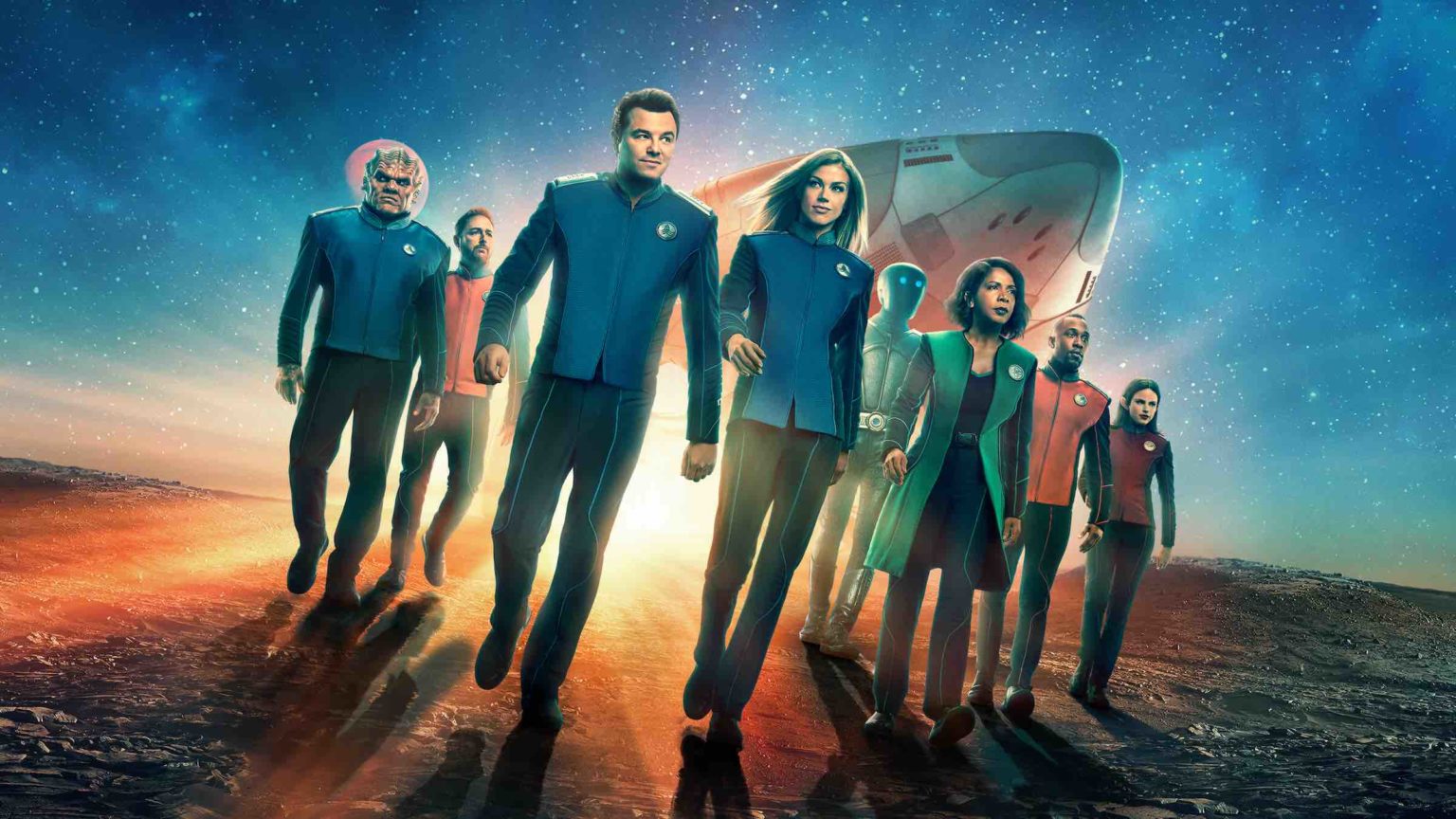
Here’s why ‘The Orville’ is more ‘Star Trek’ than ‘Star Trek: Picard’
The Seth MacFarlane-helmed sci-fi series The Orville seems to exist in a pop culture abyss: it is too genre for general audiences and not genre enough for die-hard sci-fi fans.
The series was renewed for a third season on Fox, and it follows the USS Orville, 400 years from now, as an exploratory space vessel dedicated to traveling the vast distance of space in search of new planets and lifeforms.
That one sentence has given us more Star Trek vibes than anything on CBS right now.

The Orville is Gene Roddenberry-esque because it dares to ask the question: What if people were not (that) bad? That was the general thesis of Star Trek: The Original Series, Star Trek: Deep Space Nine, Star Trek: The Next Generation, and most of Star Trek: Voyager.
We’ve been looking for a Star Trek show to give us comfort and joy in these dark times, and we found it in a situational 45-minute television comedy on Fox.
The world doesn’t really make sense anymore.

We don’t care about spectacle. We just want a good story.
The issue with Star Trek in this modern age is the unnecessary comparisons it draws to Star Wars. Star Trek has never been Star Wars. Any good nerd knows this.
Star Wars has the force. Star Trek has the prime directive. Star Wars has explosions. Star Trek has a bunch of aliens gathered around a formica table, talking about their feelings. Star Wars has completely jumped the shark, and Star Trek . . . is arguably about to jump the gormagander as well.
We were thrilled when we saw the trailer for Star Trek: Picard. We were so thrilled we watched it about 20 more times. We read every article that mentioned the Easter eggs hidden in the trailer, and then we watched the trailer again. We ended up watching that trailer about 140 times in total.

Then we watched the show, and we wished we had just stuck with the trailer.
Star Trek is at its best when it is not trying to be Star Wars. It doesn’t need explosions, or deep-seated mysteries, or new characters shoehorned into the mythology of the show by giving them a tenuous backstory that ties them to another, more established character.
Thank God, The Orville doesn’t have a legacy, because up until now it has focused exclusively on the storytelling.
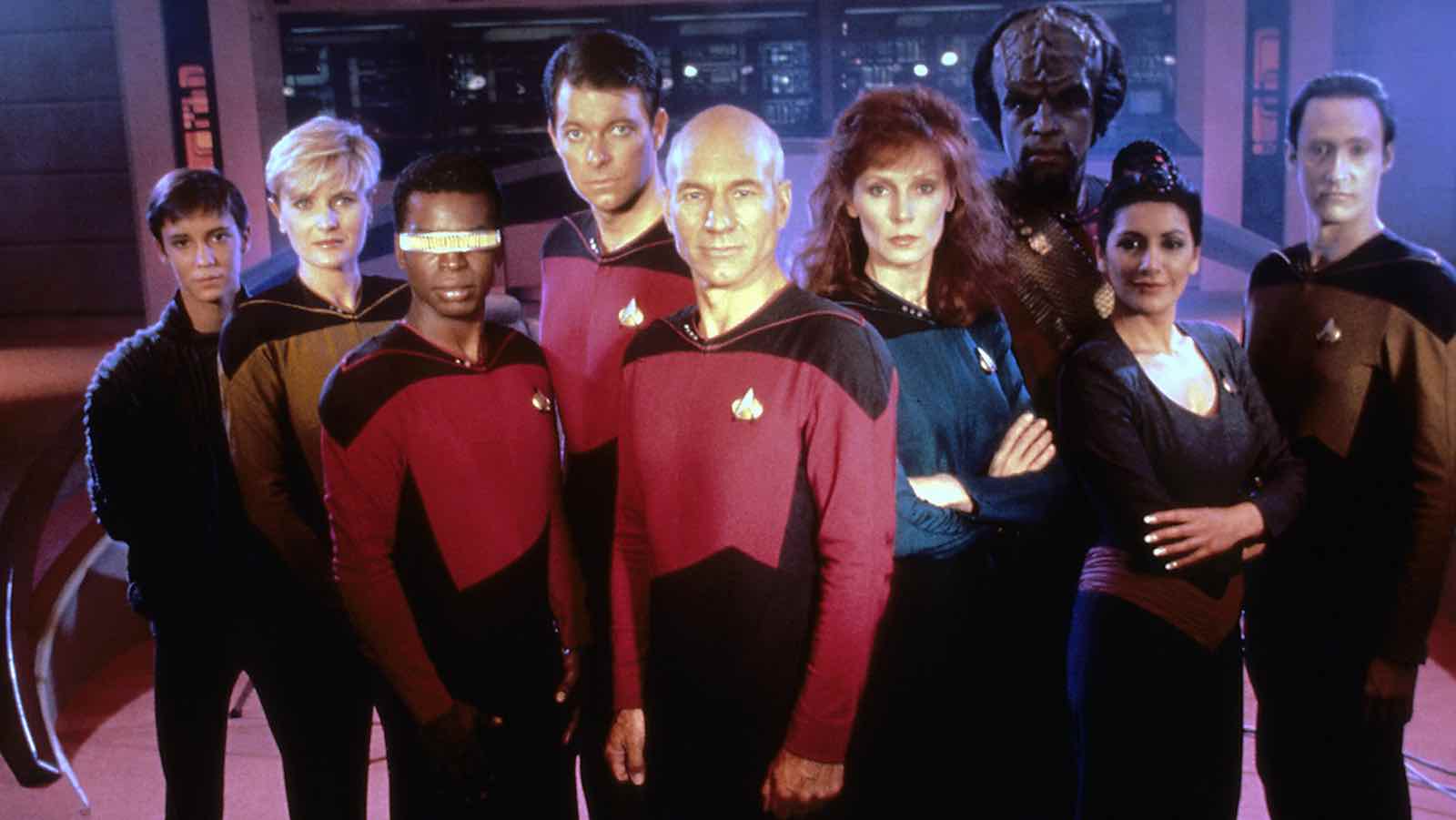
The Orville is interesting because it follows the rubric of a comedy (when it seems like it would much rather be a drama), but the central thesis of the show seems to be that these are good people (and aliens) trying to do a good job and frequently failing at it. Good people (and aliens) trying their best at a sometimes impossible situation was what we loved so much about STTNG, and it’s a reason why Picard has been so hard to watch.
Picard does not follow the story of good people doing their job, it follows a bunch of angry, attractive people yelling for 40 minutes at a time, with the occasional explosion.

It’s all about the ensemble, baby!
A Star Trek show is only as good as its cast.
This was one of the greatest missteps with Picard, because every Star Trek fan (obviously) wants to follow the journey of esteemed Captain Jean-Luc Picard (Patrick Stewart), but the show should also focus on the secondary characters. The fans need somebody to root for besides our favorite Star Trek captain of all time, and to date, Picard has mostly focused on its title character.
The Orville stars MacFarlane, Adrianne Palicki, Penny Johnson Jerald, Scott Grimes, Peter Macon, J. Lee, Mark Jackson, Chad L. Coleman, and Jessica Szohr. While it was created by and written by and stars MacFarlane, there are numerous plots focused on other ensemble members, and the result is a show that lets you root for everybody involved.
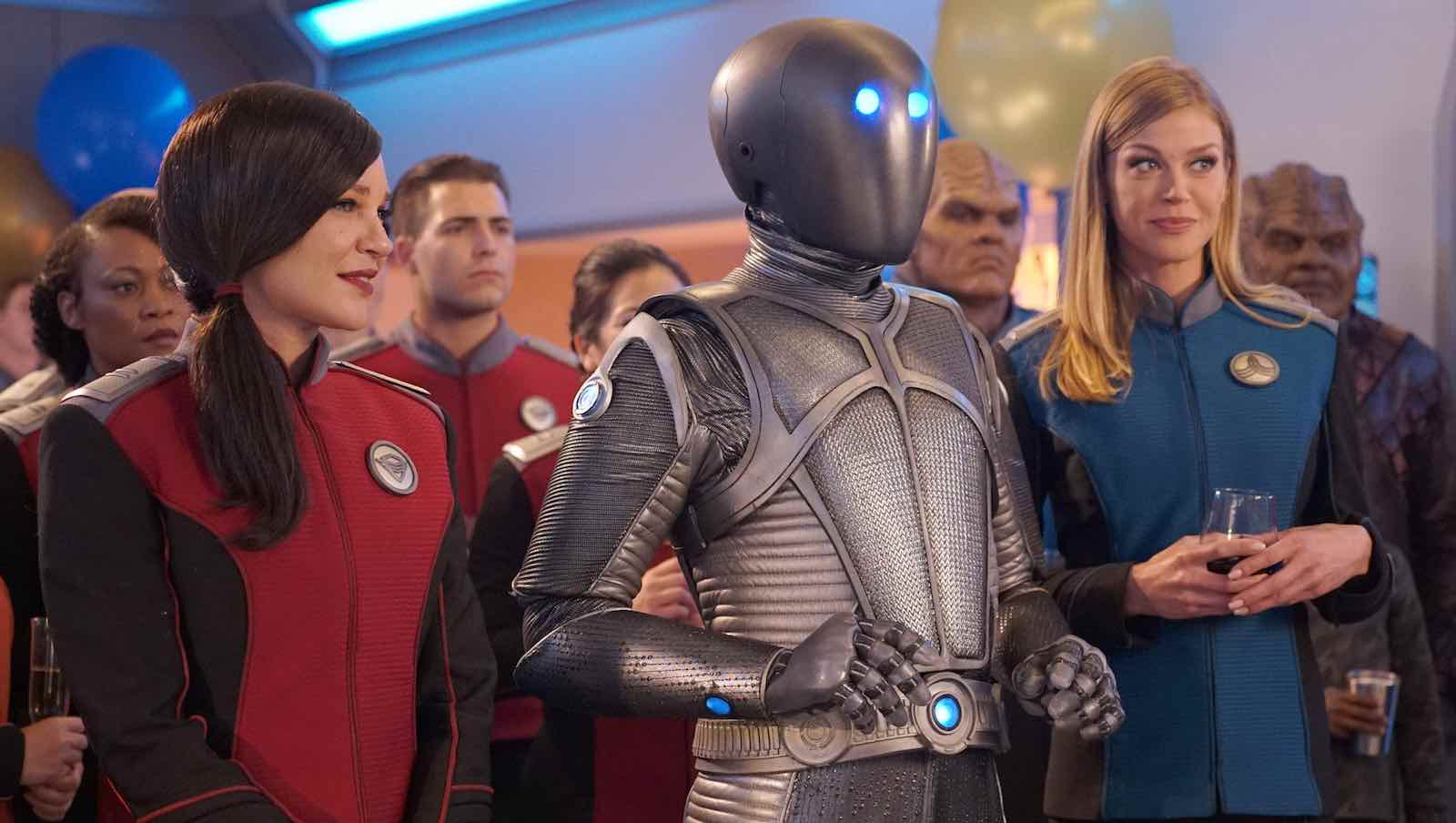
Give the people what they want! Give the people a musical score!
The title card and musical intro for Picard are a waste of 60 seconds.
The theme music has drawn references to STTNG’s iconic episode, “The Inner Light,” but it is tonally wrong for the context of the show. The music on Picard would be fitting if it was more similar to STTNG, instead of this hybrid Star Trek: Discovery/Star Wars mess we’re forced to watch.
For The Orville, veteran film composer John Debney’s score mimics the intrepid themes of previous Star Trek properties, while giving the show its own, unique bent.
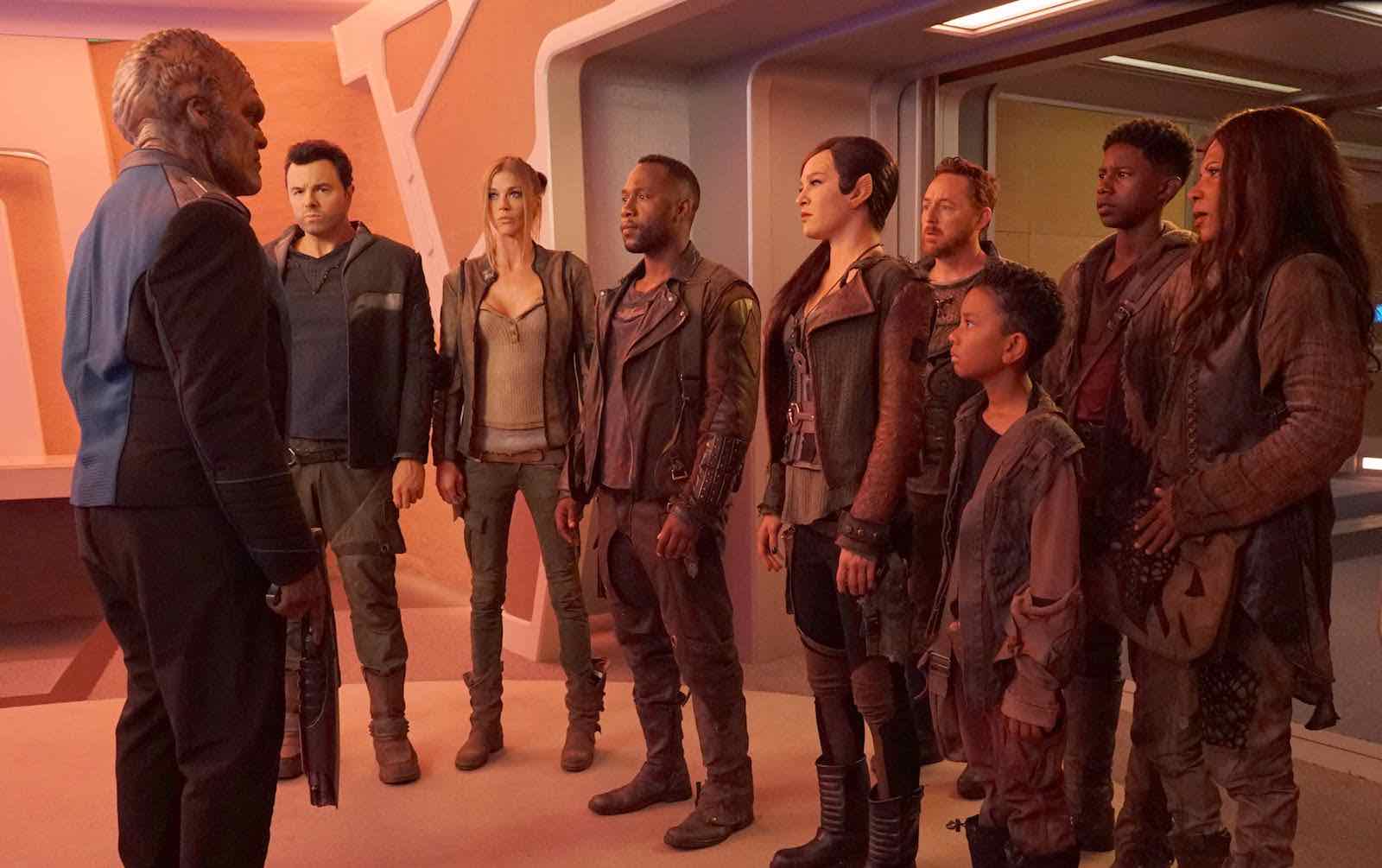
Let the audience enjoy things
The problem with Picard is viewers are watching the legacy of one of the most famous stage and screen actors of the 20th century.
The actor deserves better than what the show has been, and so do the viewers. We love The Orville because it is not focused on what Star Trek has been, but what Star Trek could still be.
—
If you’re a massive The Orville stan, do sign up for our newsletter. We promise only to send you the most relevant news, contests, quizzes, and polls.





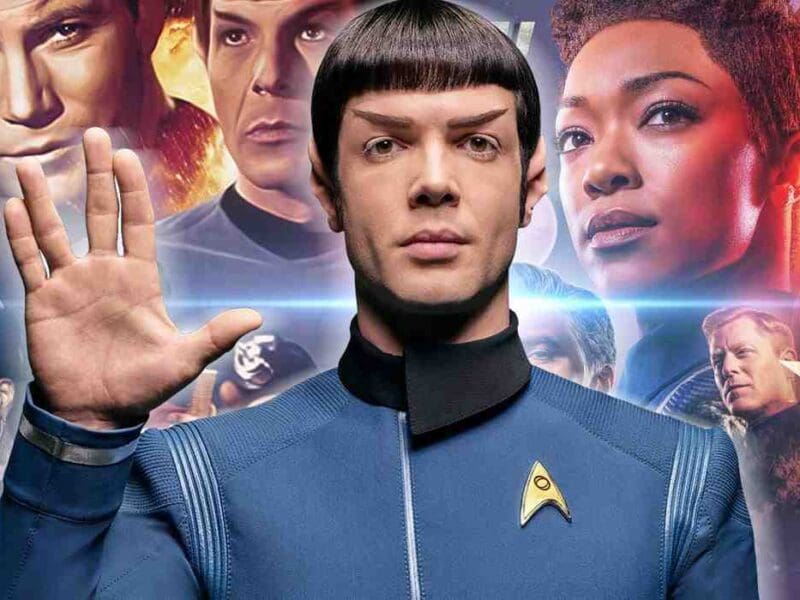
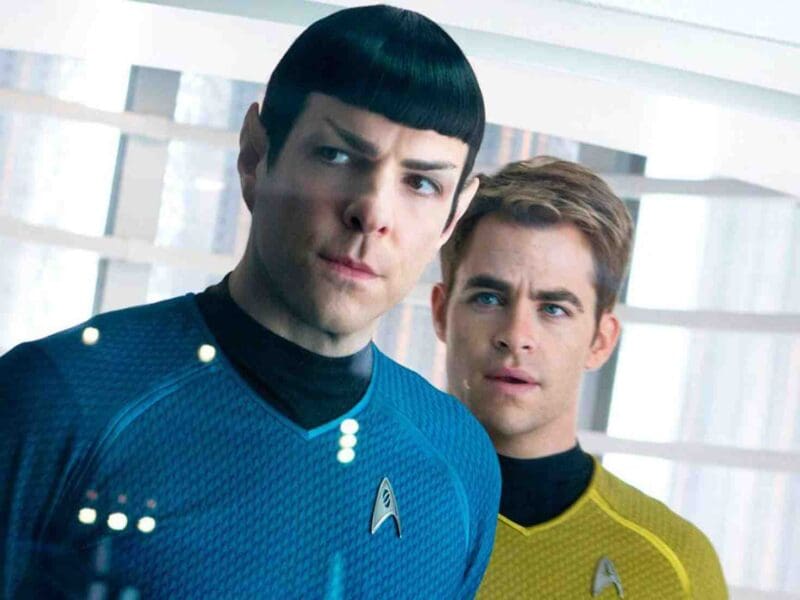

Mark Lechman
/
Better than anything called “Trek” since Voyager. Excellent, excellent show.
April 16, 2020Mel
/
Though I eagerly watched Picard, and did enjoy it, I doubt I’ll rewatch. Gave up on Discovery after 3 episodes. Have watched The 2 Orville seasons twice through now, and I’ll put them in rotation to enjoy with TSOS, TNG and DS9 for years to come. The Orville has captured the magic.
May 17, 2020AragornKing
/
The Orville is better than all other Star Trek series after The Original ST, because the characters aren´t uptight. They are normal people, flawed, geting drunk sometimes, curse aso. As the original ST has been. The most characters in all other ST series, were stiff like having a stick shoved up theirs and annoyingly righteous.
May 17, 2021